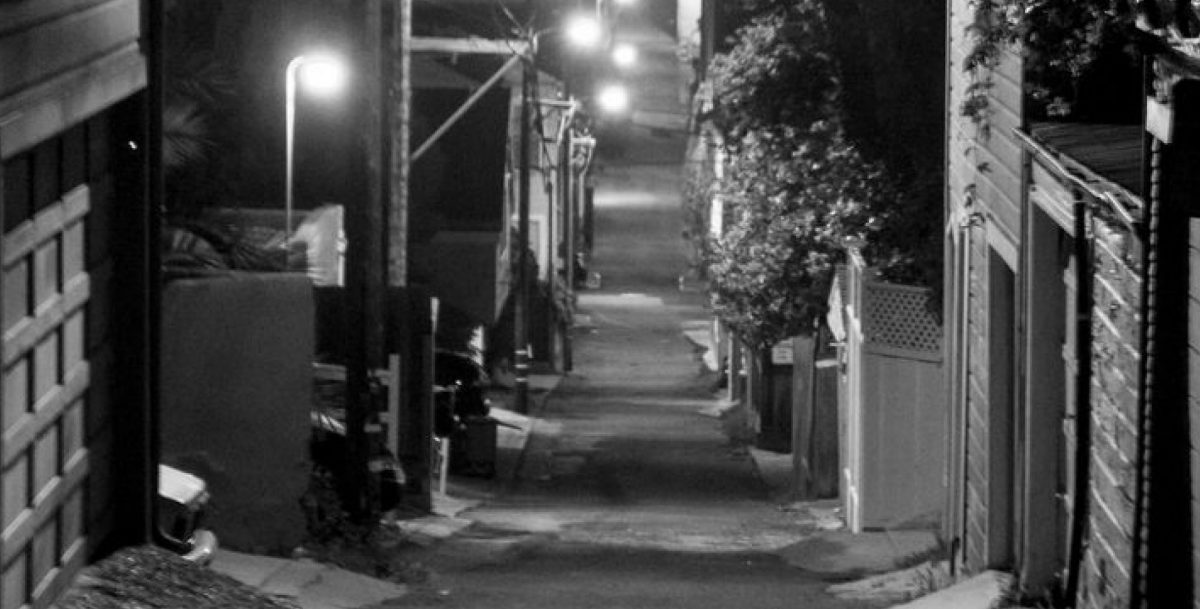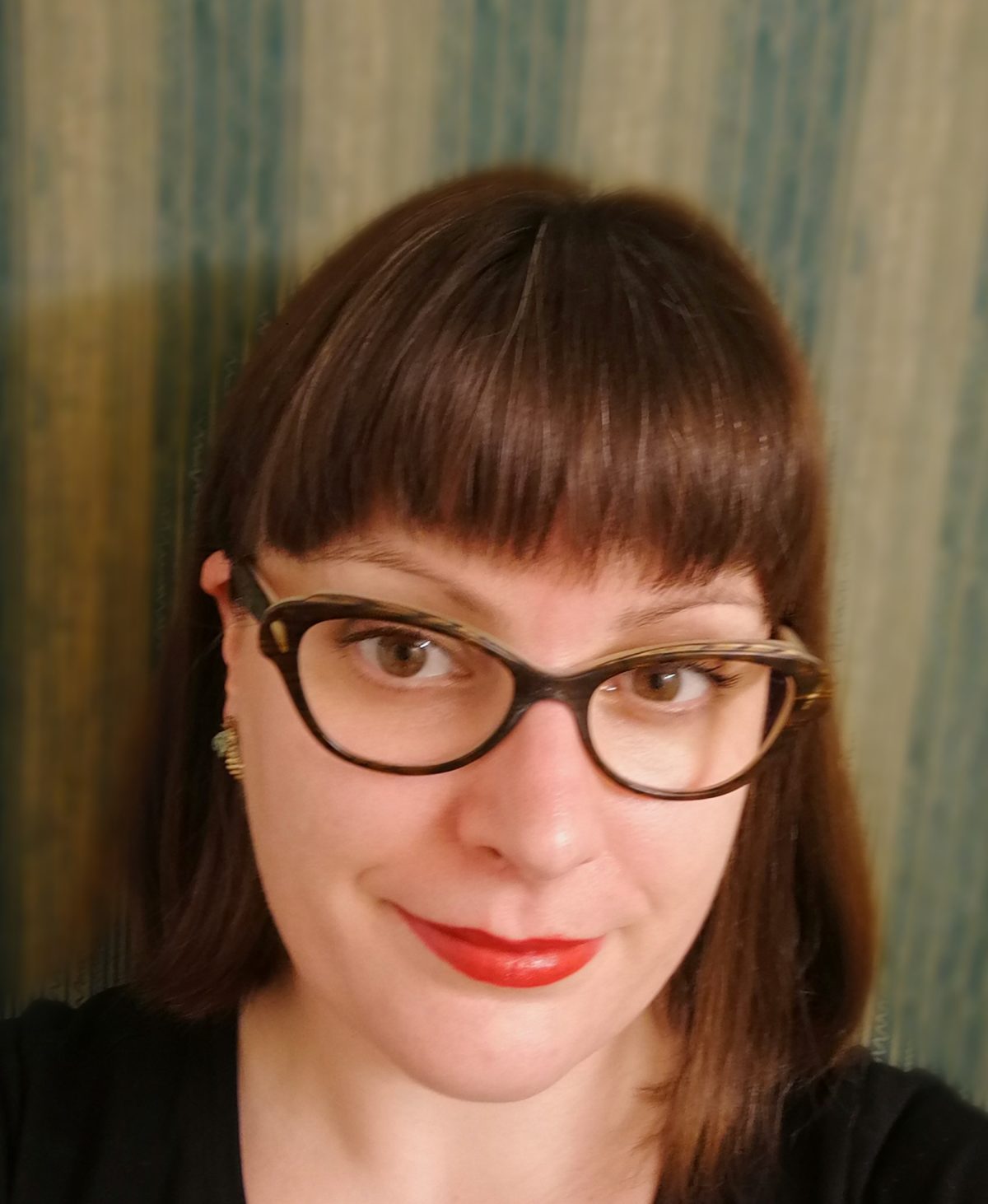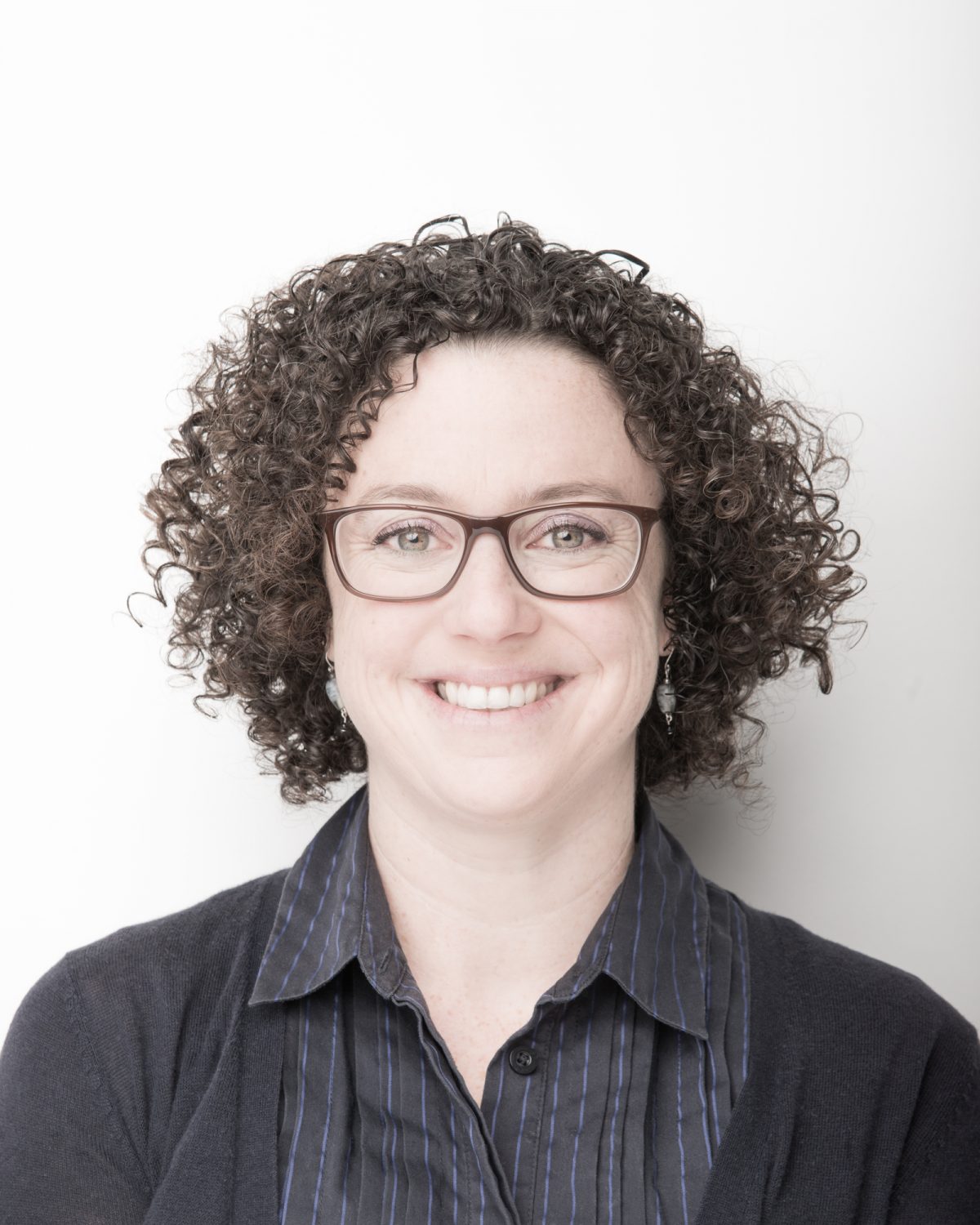Speaking to Anna was an absolute joy. We covered topics as diverse as Nice White Lady-ism to Open Source journal to language translation in cataloging. We also spoke at length about the challenges of getting funding when you’re not doing the kind of work that Big Money people care about and why it’s critically important to keep doing the work that Big Money people don’t seem to care about.
Anna is doing incredible work at York University and is a key figure of positive change, calling for high levels of care and attention for indigenous Canadian communities that York works with and looking to make certain that the labor within her scope is fair and just. Her work and clear and ethical structure of archival outreach and development is one that I hope to see reflected in more archival organizations, especially in the United States. AND SOON. Please enjoy.
As usual, bio and links are below the episode link! I recommend you check them out!!
Bio:
Anna St.Onge is an archivist who is currently Director of Digital Scholarship Infrastructure at York University Libraries. She holds a B.A. in History and Celtic Studies from the University of Toronto, and a Master of Information Studies degree from the University of Toronto with a specialization in Archival Studies and Book History & Print Culture. She was previously a certified Nice White LadyTM but is working hard to undo decades of social programming.
Links:
The Portuguese Canadian History Project
Toronto Telegram Newspaper Photograph Collection, link to finding aid:
|
The fonds documents the journalistic activities of the “Toronto Telegram” and its predecessor, the “Evening telegram”. The fonds includes photograp…
|
York University Libraries bots (randomly posts from our DAM which is made up predominantly of scanned photographic negatives of the Toronto Telegram – created by my colleague Nick Ruest) –
|
Join GitHub today. GitHub is home to over 28 million developers working together to host and review code, manage projects, and build software together.
|
||
YUDL bot (general holdings)
|
for your serendipitous enjoyment. How I work: https://t.co/Dt7m0TEKOD. York University Libraries
|
YUDL cat
|
The latest Tweets from YUDLcat (@YUDLcat). A @YUDLbot that tweets pictures of cats from York University Digital Library. York University Libraries
|
YUDL dog
|
The latest Tweets from YUDLdog (@YUDLdog). A @YUDLbot that tweets pictures of dogs from York University Digital Library. York University Libraries
|
Home Made Visible – a project of the Regent Park Film Festival:
|
Home movies offer a glimpse into our past and reveal moments that define us. Digitize and archive your old home movies for free. Today, the Canadian archives are lacking in home movie footage of Indigenous and Visible Minority Canadians.
|


